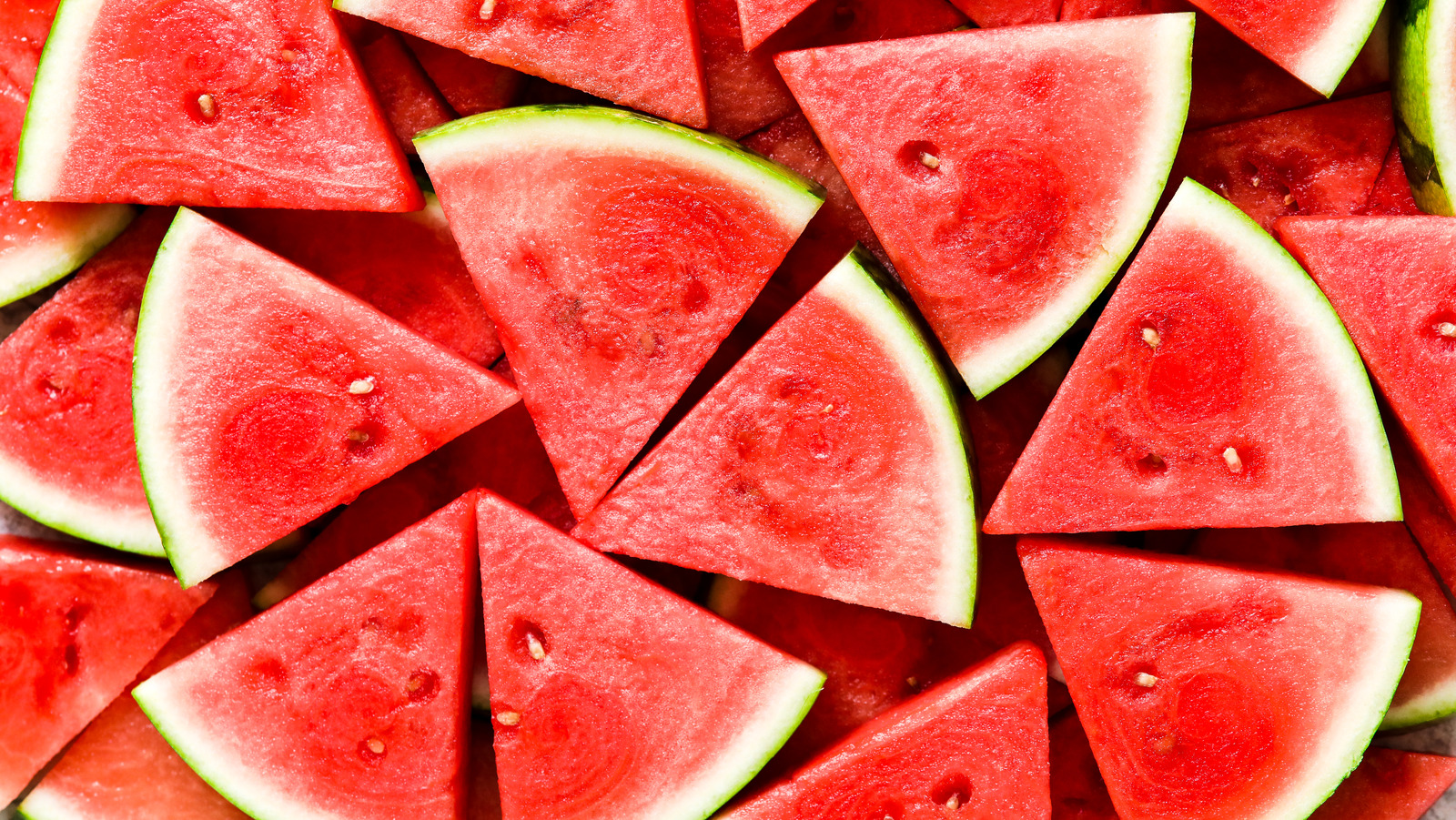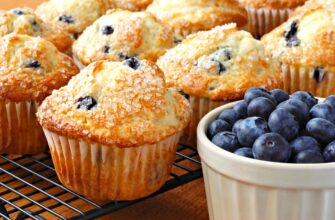
Other Plant Compounds
Compared to other fruits, watermelon is a poor supplier of antioxidants.
However, it is abundant in the antioxidant lycopene and amino acid citrulline, both of which offer various health advantages.
Citrulline
The best recognized food source of the amino acid citrulline is watermelon. The white rind that encircles the meat contains the most.
Citrulline is converted by your body into the necessary amino acid arginine.
Nitric oxide is produced by the body from citrulline and arginine, and this compound helps reduce blood pressure by relaxing and widening your blood vessels.
A number of other organs, including the lungs, kidneys, liver, immunological, and reproductive systems, depend on arginine, which has also been proven to speed up wound healing.
According to studies, watermelon juice is an excellent source of citrulline and can significantly raise blood levels of both arginine and citrulline.
Even though watermelon is one of the greatest foods to eat for citrulline, you would need to eat around 15 cups (2.3 kg) of it all at once to get the recommended daily intake (RDI) of arginine.
Lycopene
The best-known fresh source of lycopene, a potent antioxidant that gives watermelon its red color, is fresh fruit.
Actually, fresh watermelon has more lycopene than tomatoes do.
Fresh watermelon juice is good at increasing blood levels of both lycopene and beta carotene, according to human research.
To some extent, your body turns lycopene into beta carotene, which is eventually transformed into vitamin A.
SUMMARY
Citrulline, an amino acid, and lycopene, an antioxidant, are both found in watermelon and both are good sources.
Health Benefits of Watermelons
Numerous health advantages are associated with watermelons and their juice.
Lower Blood Pressure
A significant risk factor for chronic illness and early mortality is high blood pressure.
Citrulline, which your body transforms into arginine, may be found in watermelon. These two amino acids support the synthesis of nitric oxide.
A gas molecule called nitric oxide relaxes and dilates the small muscles that surround your blood vessels. As a result, the blood pressure drops.
When taken as a supplement, watermelon or its juice may help persons with high blood pressure lower their blood pressure and arterial stiffness.
Reduced Insulin Resistance
Your body needs insulin, a crucial hormone that helps regulate blood sugar levels.
The condition known as insulin resistance occurs when your cells start to reject the effects of insulin. This has a connection to metabolic syndrome and type 2 diabetes and may result in high blood sugar levels.
According to certain research, drinking watermelon juice and consuming arginine can lower insulin resistance.
Reduced Muscle Soreness After Exercise
A common side effect of vigorous exercise is painful muscles.
According to one research, drinking watermelon juice helps reduce muscular pain after exercise.
There are conflicting findings in the research on watermelon juice (or citrulline) and athletic performance. While one research showed no impact, another revealed that untrained but not poorly taught people performed better.
SUMMARY
In certain people, watermelon may lower blood pressure and insulin resistance. It is related to lessened post-exercise muscular discomfort.








